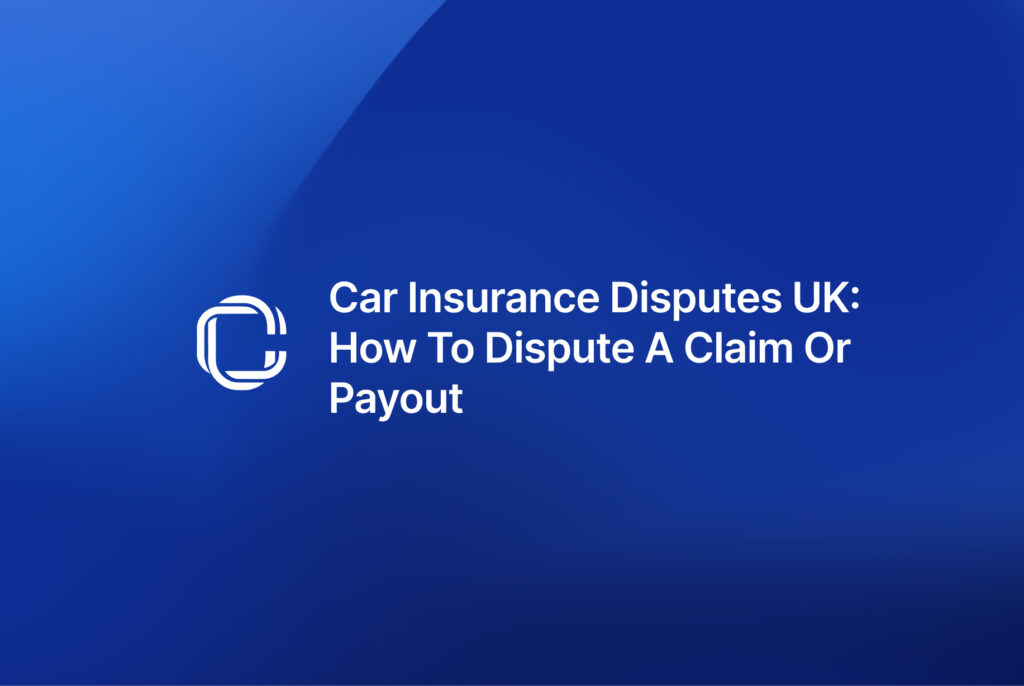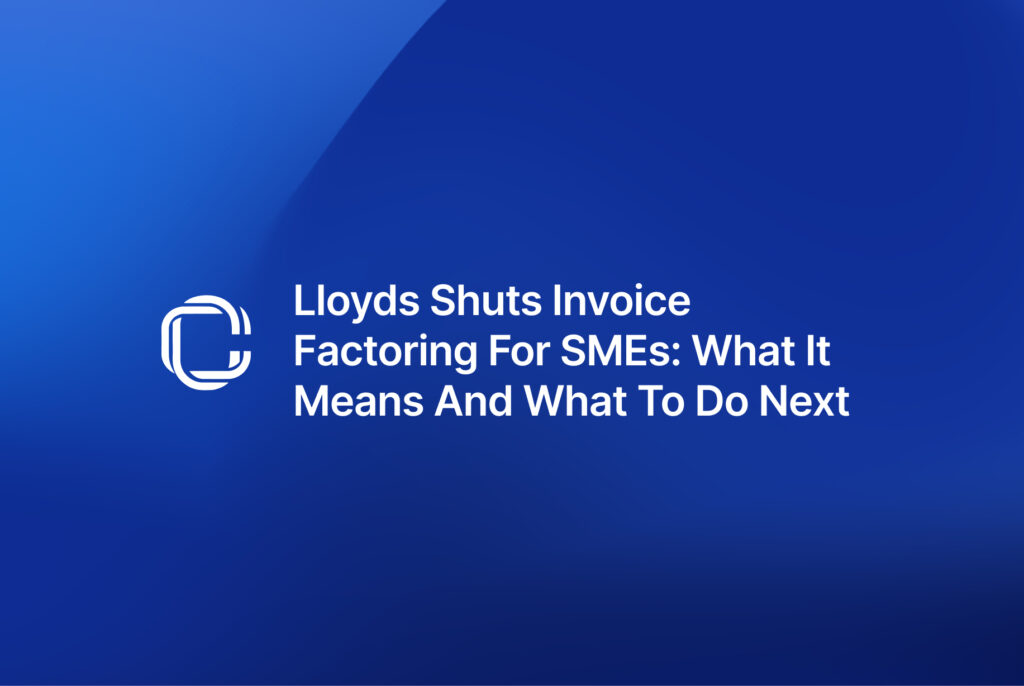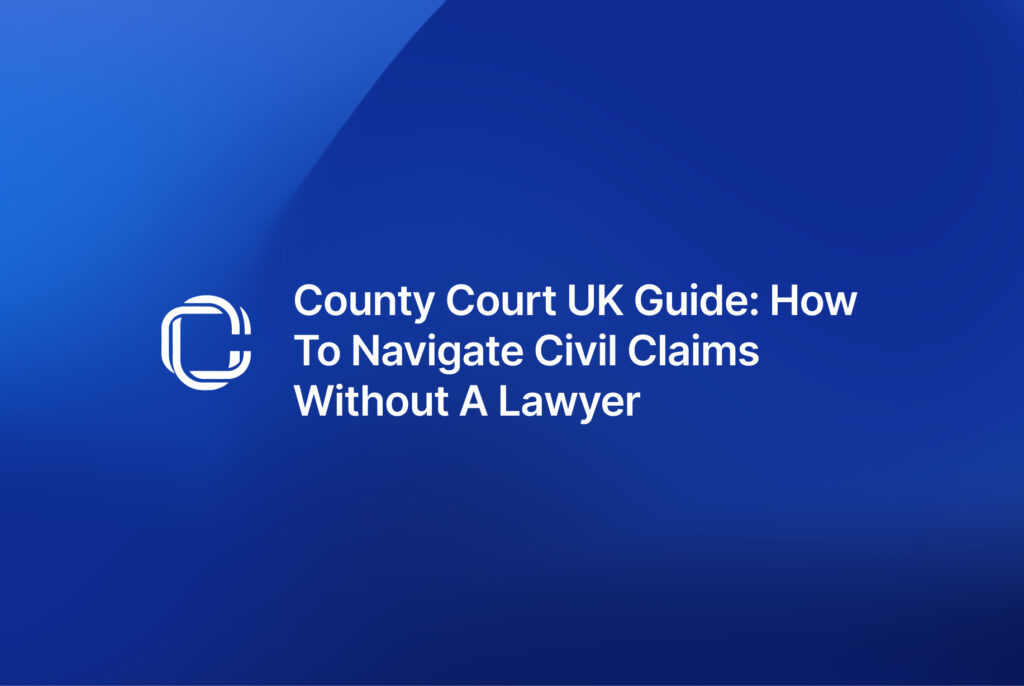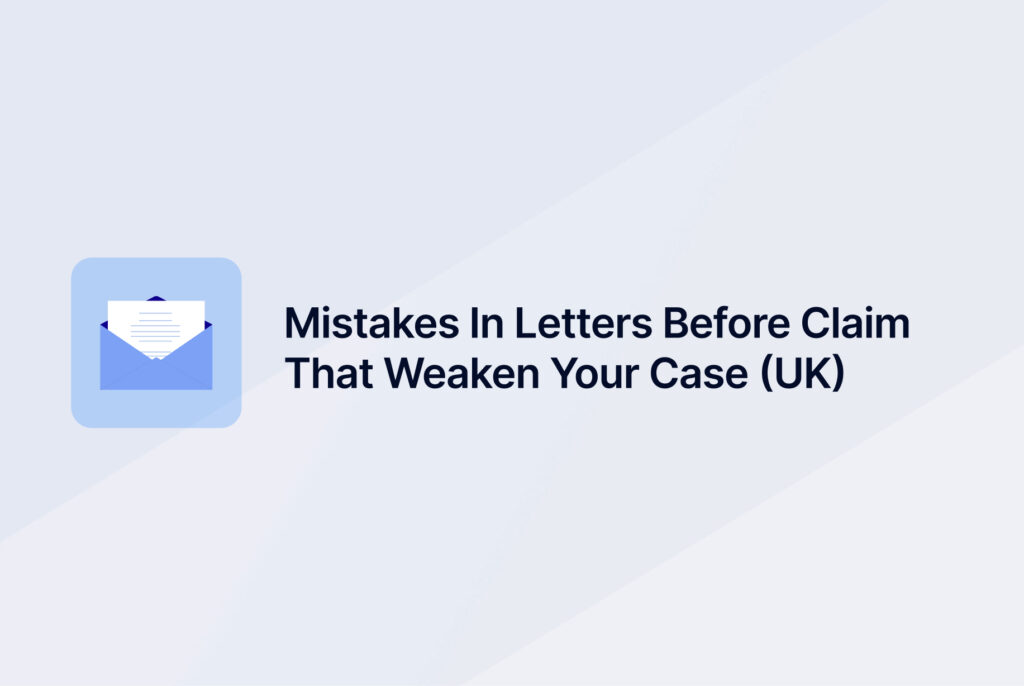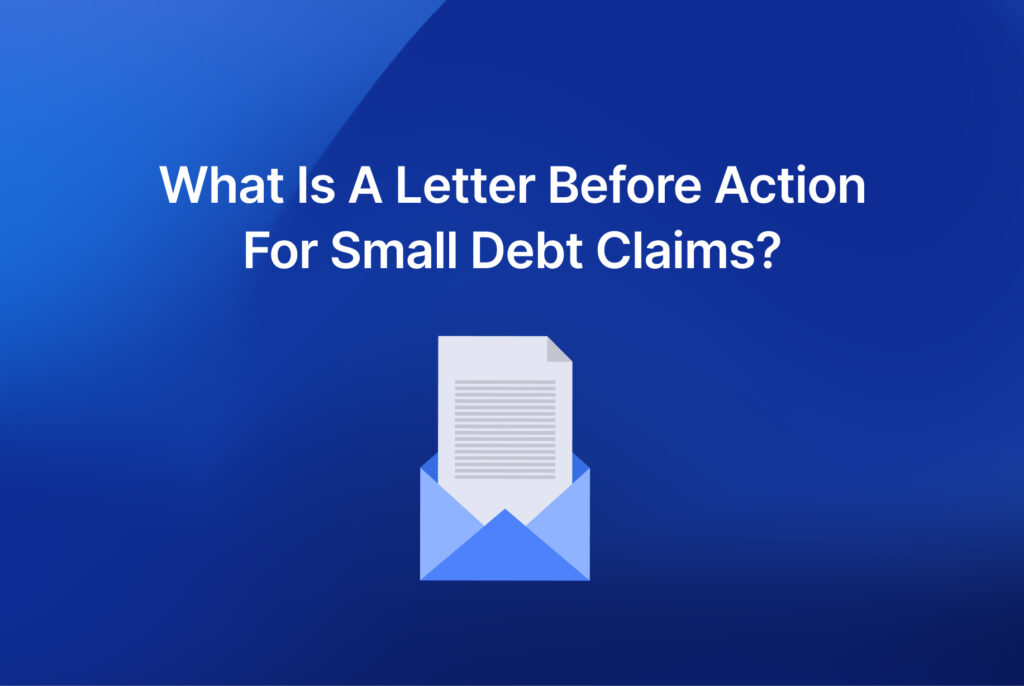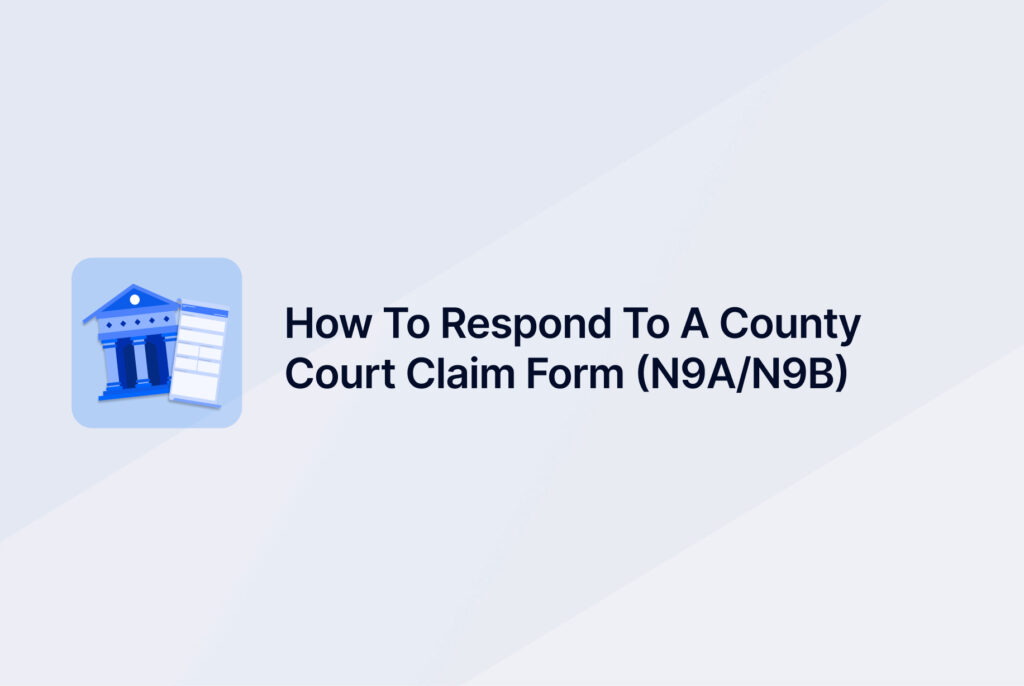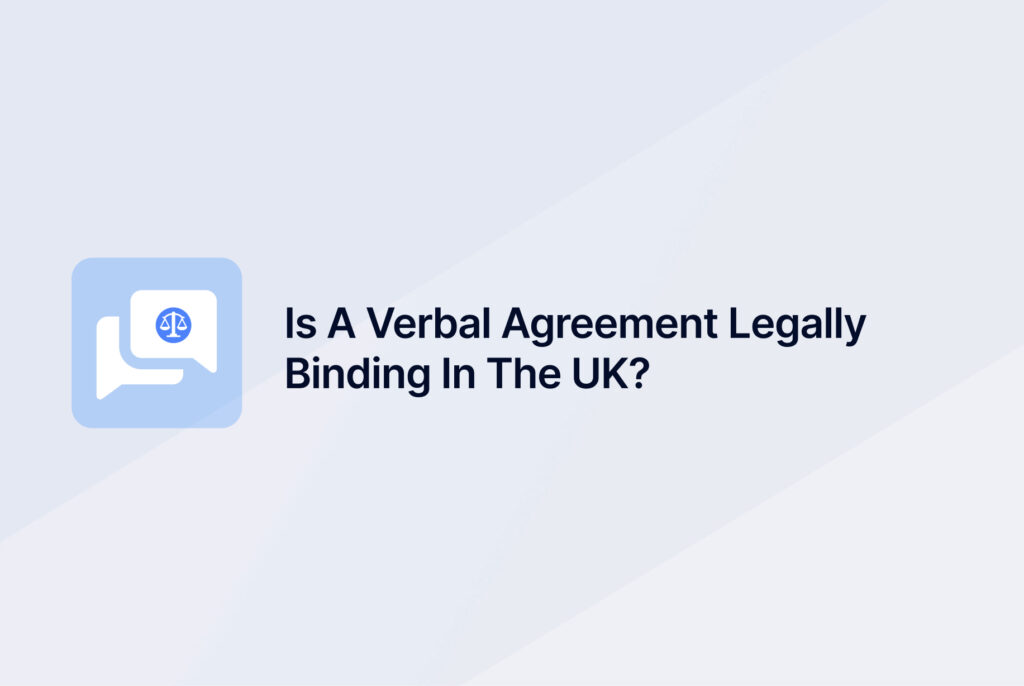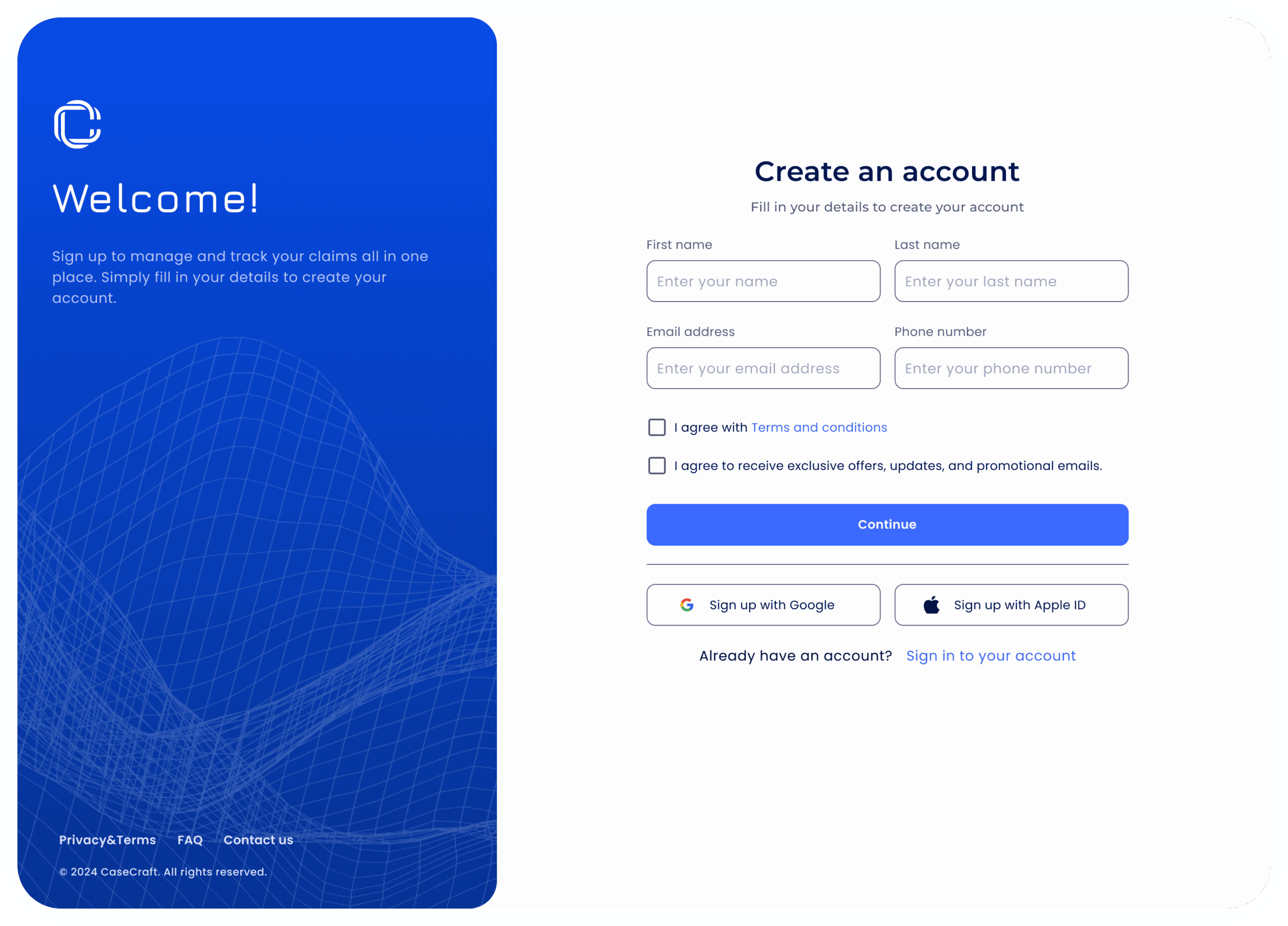Learn what UK debt collection agencies are legally allowed to do, what counts as harassment, and how to protect your rights without a solicitor.
If you’ve missed paying a bill or failed to make a payment, you may have received a letter, email, or call from a debt collection agency. This can feel scary, but you have rights, and debt collectors are required to follow the rules when they contact you.

This article will explain what UK debt collectors can and can’t do, and will help you understand how to protect yourself if you are being treated unfairly. If you have invoices, consumer debts, or are being confused with someone else, knowing the rules helps you to take control back.
What Is a Debt Collection Agency?
A debt collection agency (DCA) is an external company that collects money owed on behalf of third-party creditors, if the creditors are banks, energy suppliers, mobile phone providers, or private businesses. The creditor may simply use an agency to collect the money owed, or the agency may have purchased the debt, meaning they now own it.
Debt collectors are not bailiffs and do not have the power granted to them through the courts unless the collector went through the legal process to obtain permission (such as obtaining a County Court Judgment).
What Debt Collection Agencies Are Allowed to Do
Debt collectors are allowed to:
- Contact you in writing, by phone, by email, or by text to ask for repayment
- Inform you how much you owe and the name of the creditor
- Suggest you set up a payment plan and try to negotiate with you
- Send payment reminders or pre-court actions (for example, a Letter Before Action)
- Take legal action in court if negotiations are unsuccessful (for example, small claims)
They can also pass your personal details back to the creditor or inform credit reference agencies if you fail to repay your debts.
What Debt Collectors Cannot Do Legally
Debt collection services must comply with the guidance from the Financial Conduct Authority (FCA) and the Consumer Protection from Unfair Trading Regulations.
They cannot:
Harass or intimidate you with repeated, persistent, or aggressive contact
Portray themselves as having power which you are legally bound to act upon (for example, they are not bailiffs)
Contact you at unreasonable hours or at your work if you have told them not to
Harass or pressure you into borrowing more money to repay the debt
Speak to other people about your debt (family, friends, housemates, or employers) without your permission
Threaten court action without the intention to follow through or give you material misinformation about legal proceedings when none have been initiated
Red Flags to Watch Out For
If a debt collector does any of the following, then it may be acting unlawfully:
- Contacting you repeatedly throughout the day, even after you’ve instructed them to stop
- Using threats such as “we will take immediate legal action,” without having filed a claim
- Coming to your home or a location without permission and refusing to leave
- Telling you that you owe the company money, or failing to provide information about the original creditor
- Asserting that the debt collector is a bailiff, enforcement officer, or a government official
You should report any of this behaviour as soon as you are able to do so.

Your Legal Rights as a Debtor
You have rights even though you owe money. You can:
- Ask for proof of debt in writing before you pay anything
- Dispute the debt if it is wrong or not yours
- Request that all communication be put in writing if you feel the phone calls or intrusive
- Complain to the agency and escalate to the Financial Ombudsman Service if you need to
- Work out a payment plan you can afford – debt collectors are supposed to treat you fairly
If the debt is more than six years old and there has been no legal action, it may be statute-barred (i.e. too old to be enforced in court). This is the position in England and Wales under the Limitations Act 1980.
How to Respond If You’re Contacted by a Debt Collector
- Don’t panic – and don’t ignore it
- Ask to verify the debt (e.g. request a copy of the original agreement and breakdown of charges)
- Check your credit file for any issues.
- Make sure to respond in writing and keep all copies
- If all else fails, get professional advice. Free Debt charities, such as StepChange or National Debtline, can assist
What to Do If You’re Being Harassed
If you believe the debt collection agency is harassing you and crossing the line, then you should do the following:
- Make a formal complaint to the agency
- Report them to the FCA and Action Fraud
- If that doesn’t work, escalate to the Financial Ombudsman Service
- If you suffer financial or emotional distress, you may be entitled to compensation through a civil claim
How CaseCraft.AI Can Help You
If you feel that a debt collection agency is harassing you or has breached your legal rights, CaseCraft.AI can help you take action clearly and confidently.
With CaseCraft.AI, you can:
Create a Letter Before Action to demand they stop unlawful practices
Generate a formal complaint using guided templates
Bring a small claim online if your rights have been violated or you have suffered damages
Organise your evidence in a secure and structured way
You don’t need a solicitor to stand up for your rights. With CaseCraft.AI, you’re empowered to protect yourself without legal jargon, stress, or delay.
Protecting Yourself: A Recap
While it may seem overwhelming at times to work with a debt collector, you are not without options. You have rights, and it is reassuring that these debt collection agencies must adhere to legal limitations on their actions.
Suppose you familiarise yourself with your rights and take reasonable steps in renegotiating a payment, such as requesting validation, documenting everything you can, and asking them to stop. In that case, you will probably insulate yourself from harassment or unfair treatment. Suppose these situations did not provide you with enough comfort to settle this out successfully. In that case, CaseCraft.AI will help you map out the process and give you the security you need to protect your rights in the process of handling your case.
FAQ: Debt Collection Agencies
What is a debt collection agency and how is it different from a bailiff?
A debt collection agency contacts you to recover money on behalf of a creditor or after buying the debt. They have no special powers. Bailiffs, by contrast, enforce court orders and can visit your home only after a County Court Judgment and further legal steps.
What are debt collectors legally allowed to do in the UK?
They can contact you by phone, email, text or letter, explain the debt, request repayment, propose a repayment plan, send reminders and take legal action through the courts if needed. All contact must follow FCA rules and be fair, accurate and non-aggressive.
What actions are debt collectors not allowed to take?
They cannot harass you, mislead you, pretend to be bailiffs, threaten unlawful action, refuse proof of the debt, visit without permission and ignore requests to communicate in writing. Aggressive or deceptive behaviour breaches FCA guidance and may be unlawful.
How can CaseCraft.AI help if a debt collector behaves unfairly?
CaseCraft.AI helps you understand your rights, gather evidence, draft compliant Letters Before Action and take civil action if harassment or legal breaches occur. It guides you step by step so you can respond firmly and confidently without needing a solicitor.




